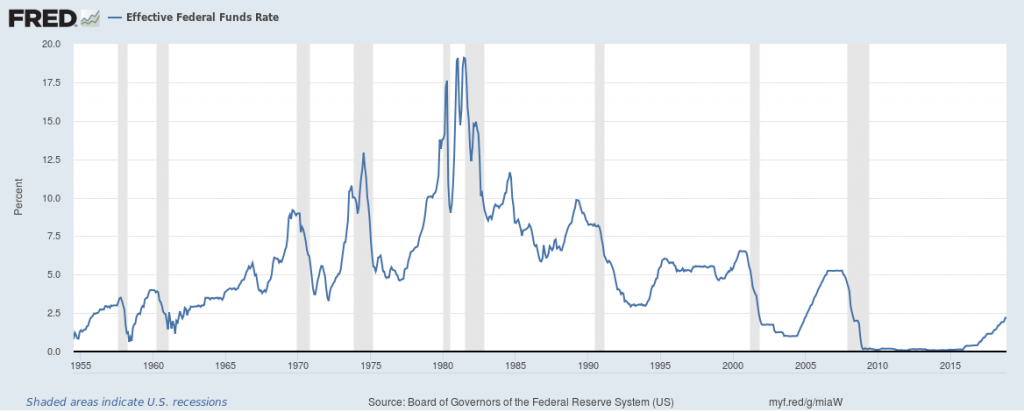With taxable accounts, I'm never sure how much of that is really taxable for most people as I sit with 50% of my taxable account as profit. I've prioritized taking the profits out in the zero % tax bracket.
Once most of that is now already taxed, then I can worry about RMDs and conversions. Ill just be glad when I don't have to worry about what I can trade in my taxable without thinking about taxes and ACA subsidies each time I want to do a large trade. If I was just trading without those considerations, I would have sold all my Boeing when it dropped the first 10%, instead I limited my sale up to the bracket and now sitting here annoyed.
Once most of that is now already taxed, then I can worry about RMDs and conversions. Ill just be glad when I don't have to worry about what I can trade in my taxable without thinking about taxes and ACA subsidies each time I want to do a large trade. If I was just trading without those considerations, I would have sold all my Boeing when it dropped the first 10%, instead I limited my sale up to the bracket and now sitting here annoyed.

